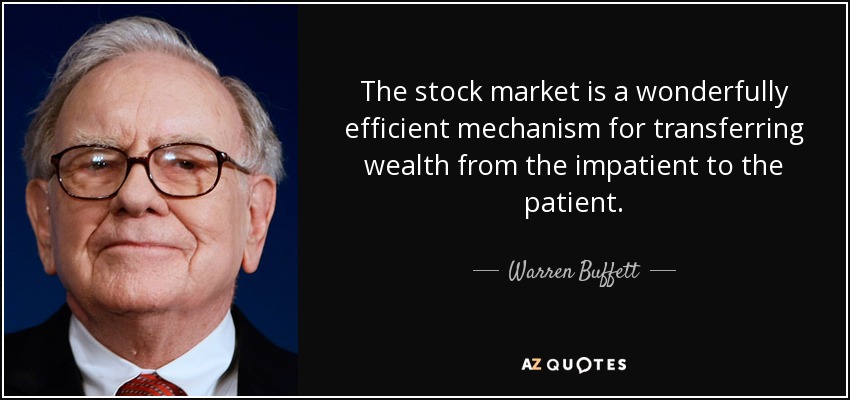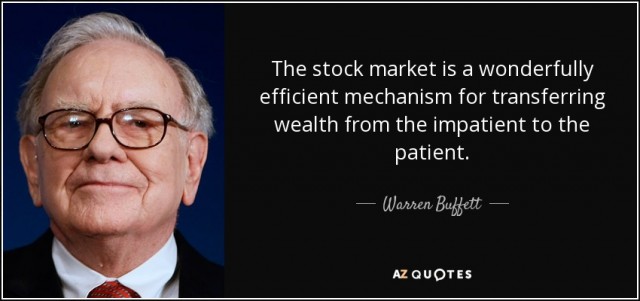
MARKET TURBULENCE
The last few weeks in global markets have been horrendous. In the month of August the Dow was down 7%, Europe down 7%, the UK 8%, Hong Kong 12%, and Australia 12%. Of course it’s given rise to the usual scary headlines – but, remember the media writes up falls in billions, and rises in points. That’s why you will read “$80 billion wiped off share market” one day, and then usually a couple of days later “market rises 100 points”.
For the nervous it was a time to wonder if this is the start of another global financial crisis; for the experienced investor the big decision was whether to sit tight or jump in and buy.
This is definitely not the start of another global financial crisis. That was a credit event caused by billions in bad debts that resulted from irresponsible lending. The catalyst for the big falls this week was Chinese investors punting on the stock market using margin loans. As the market fell, shares were forcibly dumped to cover margin calls.
Naturally, all this turbulence has resulted in a string of emails asking whether to get out of the market, and if superannuation is still worthwhile. For starters, it would be extremely risky to exit the market after the huge falls we have just experienced – all you would be doing is converting a paper loss into a real one. In any event, unless you have a direct shareholding, it is not possible to make a fast exit. Redeeming all or part of your portfolio requires forms to be completed and processing time to occur. Allow a week at least.
And don’t confuse superannuation with assets like property or shares. Superannuation is simply a vehicle that allows you to hold assets in a low tax environment. Anybody whose superannuation is invested in shares would have suffered a loss of value this week, but so would anybody who held shares in their own name.
Let’s look at the situation objectively. The only realistic investment options are cash, property and shares. In my view the Australian economy is flat, with jobs continuing to be cut, and action by Green groups stopping infrastructure development. The current fall in the share markets tends to make people feel poorer and less confident of spending, which will make economic conditions even worse. If this is true, the only direction for interest rates is down.
It is really up to each individual to decide where they want to invest, but do you really think savvy investors will choose to move their money to term deposits paying 2% when they can get better than 6% franked from shares like the banks and Telstra? If stocks like this are held in a superannuation fund in pension mode the franking credits will take the effective yield to close to 10%. That’s five times what you can get in term deposits.
The Aussie dollar got hammered too, but this has an upside as well as a downside. It will be great for exporters and the tourism industry, and will cushion any falls in shares held by international managed funds. Think about it – if the international share values fall 4% and the Aussie dollars falls 4%, you will not have lost any value at all. I think falling rates will push our dollar down further, which should make international equity trusts great performers for the rest of the year.
So don’t be concerned about the current turbulence, hang in there and think about adding to your portfolio if you can. Don’t forget there is now close to $2 trillion dollars in superannuation, and employers are contributing 9.5% of payroll all the time. Much of this money will find its way into the share market and this will provide tremendous buying pressure year in year out. Over the long term, share based investments will still give great returns.
I’m just completing a new book, which looks at the history of financial markets since I started writing columns in May 1998. Can you believe back in 1988 the All Ords was at 1456, the cash rate was 11%, oil was $17 a barrel, the Dow Jones was 2044, and the average Sydney home price was $130,000.
Investing is a long term process. As Warren Buffett once said “the stock market is a place where wealth is transferred from the impatient to the patient”.

